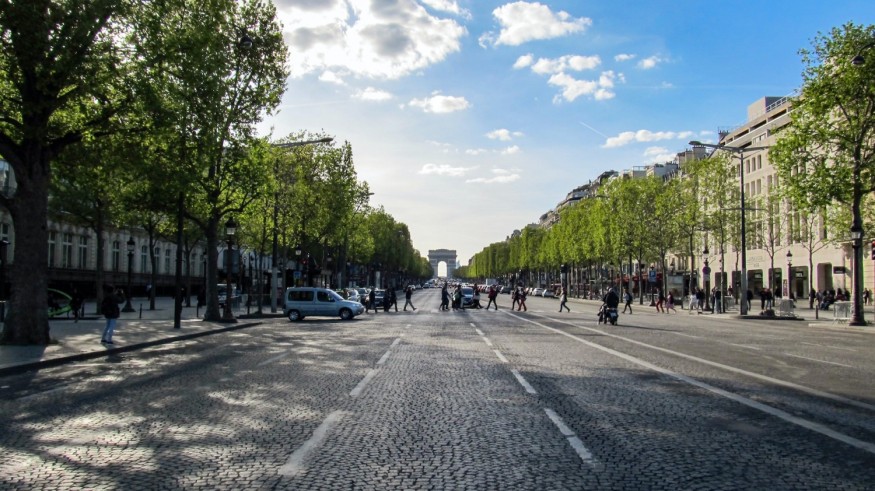Paris is implementing major traffic changes to manage car traffic for the 2024 Olympics. These measures aim to reduce car traffic and maintain order during the Games.

Managing Car Traffic for the Olympics
As Paris gears up for the 2024 Olympics, officials have announced a plan to reduce car traffic significantly. The police chief of Paris stated that while the plan is not final, its main goal is to protect residents' daily lives and ensure the Olympics run smoothly. Most traffic limits will be in the western part of central Paris, hosting many events.
According to BNN, the Olympics, set for July 26 to Aug. 11, and the Paralympics, from Aug. 28 to Sep. 8, are expected to cause major changes in car traffic. Clément Beaune, the Minister of Transport, has warned of tough travel conditions during these times. Motorists and daily commuters should expect delays and disruptions.
To deal with the expected increase in car traffic, the public is encouraged to use public transportation or bicycles. These alternatives can help reduce car traffic congestion. Police have shared specific routes and times likely to be most affected. They urge everyone to keep up-to-date with traffic news.
The main aim of these traffic measures is to ensure the Olympics are safe and efficient. Authorities ask for public cooperation to follow these guidelines. These steps are crucial for the smooth running of the Olympics and to keep everyone safe during the event.
With these preparations, Paris is taking steps to control car traffic and make the 2024 Olympics successful for residents and visitors.
Paris to Restrict Car Traffic, to Require Pre-Registration
Car traffic will face restrictions during the Paris 2024 Olympics, with pre-registration required to enter several areas in the city. The Paris police chief, Laurent Nunez, emphasized the balance between security and daily life in a recent press conference.
"We want to guarantee the highest level of security while safeguarding the continuity of the economical and private lives," said Nunez at the press conference, according to Reuters. The Paralympics will also see similar, though fewer, restrictions.
Nunez stated the plan is still open for feedback and consultation. He assured that not all areas of Paris would be affected and that pedestrian access would be generally unrestricted.
As per the news report, areas near the Olympic venues will have tight car traffic controls. Red zones around these sites will be entirely closed to vehicle traffic, prioritizing pedestrian safety. However, there will be exemptions for emergency vehicles and certain residents who must register on a designated platform.
Blue zones, larger than red zones, will also have restricted car traffic but won't require prior registration. Most of western central Paris hosting most events will be marked as red or blue zones.
Significant closures include the Place de la Concorde from June 1 and the Pont Alexandre III bridge from May 17. Additionally, most bridges along the River Seine will close early July for the opening ceremony preparations.
Saint-Denis Mayor Mathieu Hanotin acknowledged the challenges but expressed commitment to finding solutions.
Paris 2024 chief Tony Estanguet and Paris Mayor Anne Hidalgo welcomed these measures as essential for an eco-friendly and compact Games.
Estanguet highlighted the importance of central Paris events and the establishment of seven temporary facilities, while Hidalgo emphasized the Games' role in promoting sustainability.
This article is copyrighted by Travelers Today, the travel news leader




